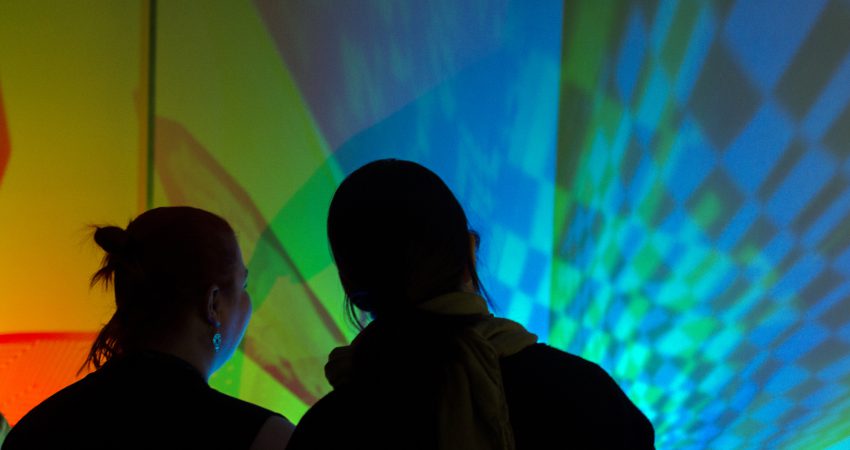
By Katie Van Horne - June 2011
PAPER CITATION
Stodden, V. (2010). Open science: Policy implications for the evolving phenomenon of user-led scientific innovation. Journal of Science Communication, 9(1), 1–8.
Citizen science on the web mainly focuses on citizens contributing data to large datasets. For example, many research projects exist around tracking plants and animals, including the USA National Phenology Network and The Great Sunflower Project. There are many online communities in medical and health research that track patient experiences in the treatment of diseases, which have the potential to increase the impact of the needs of patients on medical research. This is especially true for people with very rare diseases; online communities are very helpful in connecting such people with others who have the disease and are able to compile more complete information from their joint experiences. In the majority of citizen science experiences, the scientist directs the citizen who mainly functions as an observer and a recorder. The Internet allows for citizen-driven science and discovery leading to democratization of science. This study identifies possible issues with citizens’ participation in science, including how the citizens will communicate their results with the broader scientific community. Informal science educators can help both citizens and scientists navigate these boundaries successfully.
This study discusses the state of affairs in open access code and data in science and the implications of the authentic research and contributions of non-scientists through activities such as “citizen science” projects. The internet allows for sharing of digital data, code, and research articles so that not only the results but also the underlying paths of reason that led to their collection are publically available. It is just the beginning of an opportunity for the public to learn about and participate in “computational and data-driven” citizen science. With both data and code, it is possible that anyone with appropriate computing software can rerun analyses, run new analyses, and generate new findings. While the scientists are currently making both the code and the data publically available when they publish – indeed this is a stipulation of certain funding agencies – it is not common practice for non-scientists to engage with the code and data and publish new results.
Informal science educators and communities can facilitate citizen engagement in this work by creating learning experiences that give citizens the skills needed to gain entry into the code and data of their interest, by working with professional societies to find and create outlets for this work, and by fostering collaboration between citizens and scientists. For example, the Maryland Science Center provides citizens with the facility to upload UV data and then compare them with the instrument readings and predictions made by scientists.
Further Reading
Balkin, J. What is Access to Knowledge, http://balkin.blogspot.com/2006/04/what-is-access-to-knowledge.html www.blog.stodden.net www.scienceforcitizens.net




